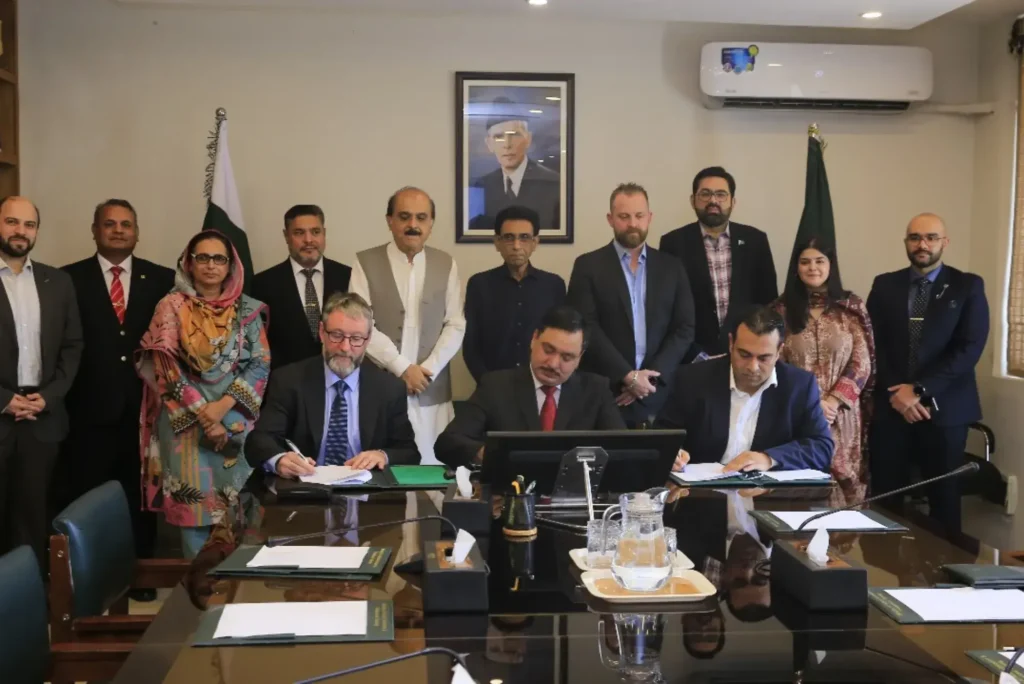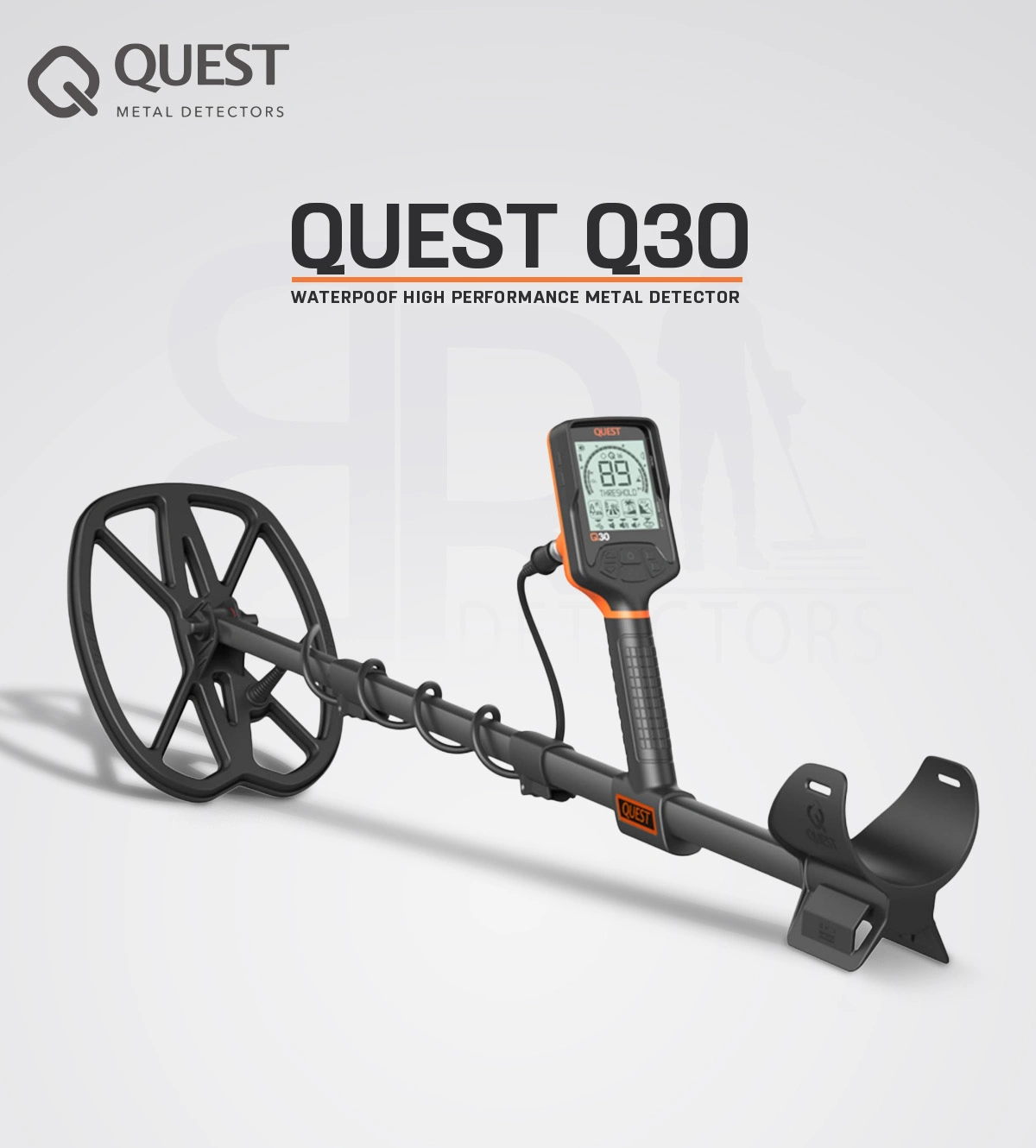The Gulf Cooperation Council (GCC) region, which includes Saudi Arabia, the United Arab Emirates, Qatar, Kuwait, Bahrain, and Oman, has experienced rapid development across various industries. To support this growth, effective facilities management (FM) is crucial. Facilities management involves the coordination of physical workplaces, assets, and organizational processes to ensure efficient operations and productivity. In the GCC, facilities management is a vital service across sectors like real estate, healthcare, retail, and hospitality.
This article delves into the various aspects of facilities management in the GCC region, highlighting its importance, key services, industry challenges, and future trends.
The Importance of Facilities Management in GCC
Facilities management plays a vital role in maintaining the region’s booming industries. Effective FM ensures the seamless operation of buildings and infrastructure, contributing to safety, sustainability, and cost-effectiveness. In a region known for iconic skyscrapers, luxury hotels, and extensive malls, the demand for integrated FM solutions is particularly high.
The economic diversification efforts in the GCC, especially in non-oil sectors, have led to a sharp rise in construction projects, which, in turn, require top-tier FM services. Properly managed facilities can increase a company’s efficiency by reducing costs associated with maintenance, energy use, and compliance with safety regulations.
Key Services Offered by Facilities Management Companies in the GCC
Facilities management services in the GCC can be broadly classified into two categories: hard services and soft services.
Hard Services
These services are essential for maintaining the physical structure and include the following:
Building Maintenance: Ensures that the building’s infrastructure, such as electrical systems, plumbing, and elevators, are functional and comply with safety standards.
HVAC Systems:
Proper maintenance of heating, ventilation, and air conditioning (HVAC) systems is critical in the GCC’s hot climate. Facilities managers ensure these systems operate efficiently, contributing to energy savings and a comfortable environment.
Electrical and Mechanical Systems:
These systems require regular maintenance to ensure uninterrupted power supply, lighting, and mechanical operations in large buildings and complexes.
Fire Safety Systems:
In the GCC, stringent regulations govern fire safety, and FM teams are responsible for ensuring the functionality of alarms, sprinklers, and emergency exits.
Energy Management:
Facilities management companies focus on optimizing energy usage to promote sustainability and reduce operational costs.
Soft Services
Soft services focus on improving the comfort and safety of the occupants within the facility and include:
Cleaning Services:
Regular cleaning and sanitation are essential in maintaining a clean and hygienic environment, particularly in hospitals, malls, and hotels.
Security Services:
This includes the deployment of security personnel, surveillance systems, and access control to ensure the safety of the occupants and the assets within the premises.
Waste Management:
Proper disposal of waste in compliance with environmental regulations is vital, especially in large commercial or industrial facilities.
Pest Control:
Facilities management companies offer pest control services to keep the premises safe and hygienic.
Landscaping:
Maintaining aesthetically pleasing outdoor spaces, such as gardens and parks, is an integral part of FM services, especially in luxury hotels and high-end residential buildings.
Challenges Facing Facilities Management in the GCC
Despite its importance, facilities management in the GCC faces several challenges. The key challenges include:
Adapting to Technological Advances: With the rise of smart buildings, FM providers must integrate advanced technologies like the Internet of Things (IoT), Building Information Modeling (BIM), and predictive analytics to enhance operational efficiency.
Sustainability Regulations:
The GCC countries have increased their focus on sustainability initiatives in line with global trends. Facilities management companies are required to adopt eco-friendly practices such as energy-efficient lighting, sustainable waste management, and green building certifications.
Labor Challenges:
The FM industry relies heavily on skilled labor. Attracting and retaining trained professionals, particularly in hard services, is a challenge in the region.
Compliance with Local Regulations:
Different GCC countries have their own sets of regulatory requirements for building operations and safety standards. Navigating these regulations can be complex, especially for companies that operate in multiple countries within the region.
Cost Management:
Balancing high-quality service with cost efficiency is always a challenge for FM providers, especially given the large scale of many projects in the GCC.
The Role of Technology in GCC Facilities Management

Technology is rapidly transforming facilities management in the GCC. The integration of digital tools and smart technologies allows FM companies to enhance their services, improve efficiency, and reduce costs. Some key technological trends include:
Building Information Modeling (BIM):
BIM is becoming a standard in construction and facilities management. This technology allows FM teams to visualize and manage building information digitally, improving the accuracy of maintenance and operations.
Internet of Things (IoT):
IoT-enabled devices, such as smart sensors and automated systems, help facilities managers monitor real-time data about energy use, equipment performance, and environmental conditions.
Computer-Aided Facility Management (CAFM): CAFM systems enable the management of space planning, maintenance scheduling, and asset management through digital platforms. These systems enhance productivity and provide transparency in operations.
Drones and Robotics:
Drones and robotic systems are being used for inspections, cleaning, and security purposes in large facilities. These technologies save time and reduce risks to human workers.
Sustainability Tracking Tools:
With growing emphasis on environmental responsibility, FM companies use technology to track and manage their sustainability efforts. This includes monitoring energy usage, water consumption, and carbon emissions to meet the sustainability goals of their clients.
Future Trends in GCC Facilities Management
The future of facilities management in the GCC is poised for significant growth, driven by technology, sustainability, and increased demand for specialized services. Some of the emerging trends in the industry include:
Smart Buildings:
The rise of smart buildings is reshaping how facilities are managed. These buildings are equipped with IoT sensors, AI-powered systems, and automation tools that make them more energy-efficient, safe, and comfortable.
Sustainability Initiatives:
As GCC governments continue to push for green building certifications and sustainable development, FM providers will need to focus more on energy-efficient systems, sustainable waste management, and water conservation.
Outsourcing FM Services:
Outsourcing facilities management to specialist providers is becoming increasingly popular in the region. This allows businesses to focus on their core operations while ensuring that their facilities are managed by experts.
Increased Demand in Non-Oil Sectors:
With economic diversification being a priority for GCC countries, sectors like healthcare, education, tourism, and retail are expected to drive demand for facilities management services.
Facilities management in the GCC is a rapidly evolving sector that plays a critical role in ensuring the efficient operation of the region’s iconic buildings and infrastructure. As the demand for specialized FM services grows, companies must adapt to technological advancements and sustainability trends to meet the needs of the market. By integrating hard and soft services with innovative solutions, facilities management companies can ensure optimal performance, cost savings, and enhanced customer satisfaction across various industries in the GCC.



